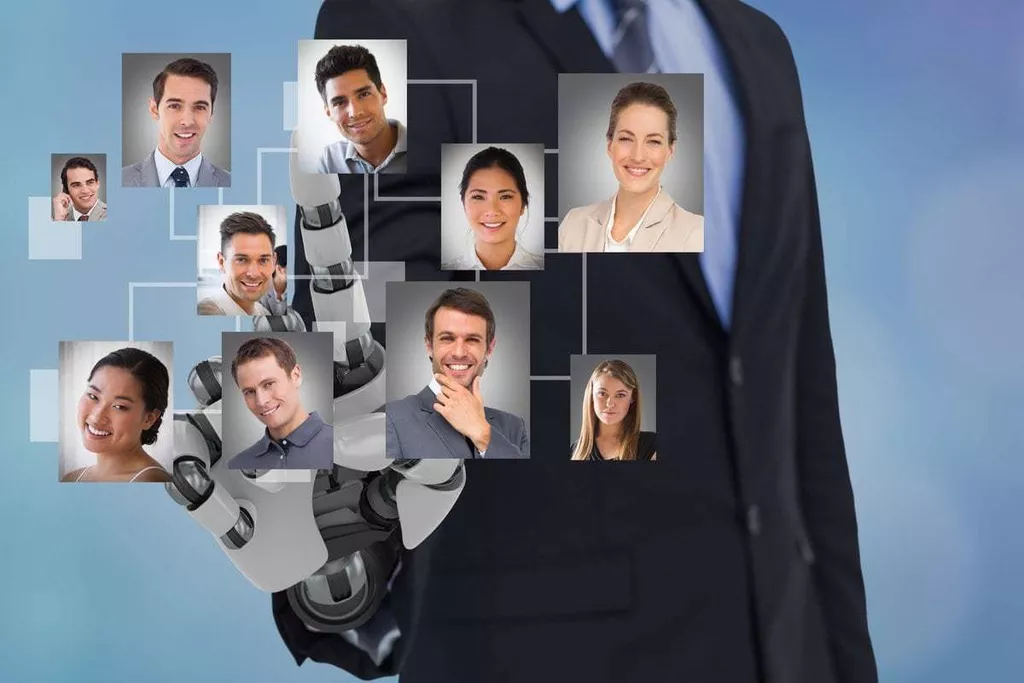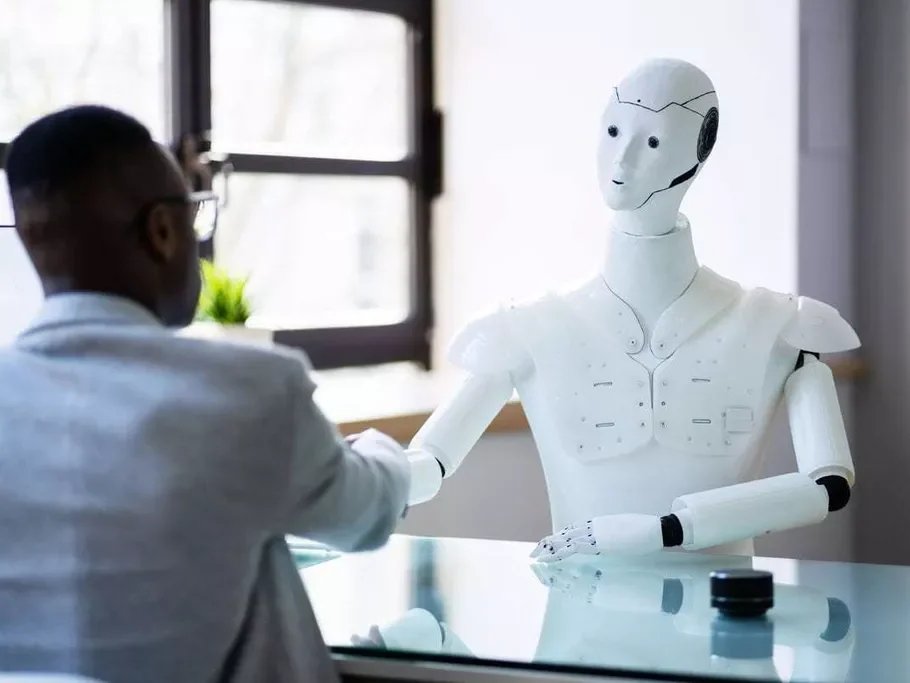Companies using artificial intelligence to increase HR efficiency may face an unexpected workforce division. Some job applicants are content to have their resumes reviewed by an AI-ruled virtual assistant. At the same time, other candidates worry about how artificial intelligence can influence the decision to their employment.
According to SAP SuccessFactors, 25% of employees belong to each category, and another 50% of people who completed the survey are neutral about who will analyze their skills: a person or a machine.
In any case, people will remain the center of HR. Until artificial intelligence gains wider acceptance, company leaders must reassure the public they are using only ethical and transparent technologies to ensure an inclusive experience.
Areas of HR affected by AI
In addition to automating and optimizing many processes, AI can analyze a massive volume of information related to the behavior of employees to identify patterns and generate insights to make the right decisions in time. Here’s how artificial intelligence can positively impact HR functions across industries:
- Sourcing: it is essential that potential candidates know about your company and what skills are missing from the team. AI for HR makes this process as efficient as possible by providing the job description to the right targeted candidates so that the company finds a valuable employee as quickly as required
- Screening: it is a time-consuming and tedious procedure. Text analytics tools match the data received from candidates with a sample to determine the required skills and education.
- Appropriateness: to understand whether a person is suitable to take a particular position, it is necessary to evaluate him on several parameters, including communication approaches, learning ability, risk appetite, behavior, etc. The AI performs this assessment by comparing a candidate’s performance with past or current successful employees in the same job.
- HR procedures: many administrative processes, including payroll and benefits, time and cost management, invoicing, and business travel control, are easier to perform with AI-ruled tools.
- Learning and development are top priorities, given the need for upskilling, retraining, and continuous learning. AI for HR can create personalized educational processes based on employees’ current knowledge and skills, respond to queries and provide automated assistance through chatbots.
Artificial intelligence has the potential to revolutionize how HR works shortly. It is necessary to ensure the successful interaction of people with processes and technologies to succeed in such an area. Companies should explore the possibilities of bringing people and machines together and upskilling and retraining the workforce to deal with the digital ecosystem.

Challenges of implementing AI in HR
Unfortunately, there are times when artificial intelligence harms a company and its employees. Sometimes it is difficult for employees to interact with the software; they are afraid the virtual assistant will misunderstand them. It is because the interaction of a person with the algorithm differs from human relationships with their emotions and nuances of communication.
Specialists may also need clarification about the reliability and effectiveness of AI-ruled systems. Therefore, it is necessary to involve people in AI-ruled processes so that they train algorithms to make the interaction understandable and enjoyable.
What to consider when adding AI to HR?
As with any other technology, artificial intelligence must be implemented with care. Experts have collected some factors you need to remember in the process of implementing AI in human resources:
- It would help if you were used to making significant progress. Therefore, you must get truthful data and set clear and understandable goals.
- The AI ecosystem is different from many IT environments. Implementing advanced techniques requires a lot of time and energy. It is necessary to assemble a team of professionals to collect information and supervise all processes.
- An important role is played by understanding the insights that need to be guided. As a result, it is necessary to create clear instructions for recognizing the correct models to train and perform on.
- Based on the algorithms and data that are fed into the system, AI for HR must provide unbiased results. The company’s management must be aware artificial intelligence will do what the user programs and the technology will not make decisions independently.
Artificial intelligence is fundamentally changing human resources; it has the potential to solve many of today’s HR problems. However, companies must be prepared to hear complaints from employees afraid of being left out of the office due to automation.
It is essential to understand AI cannot completely replace the human brain and cannot perform many tasks. Artificial intelligence successfully works with structured data, while machines cannot always correctly interpret unstructured communications. It means live agents will continue to play a significant role in HR.
